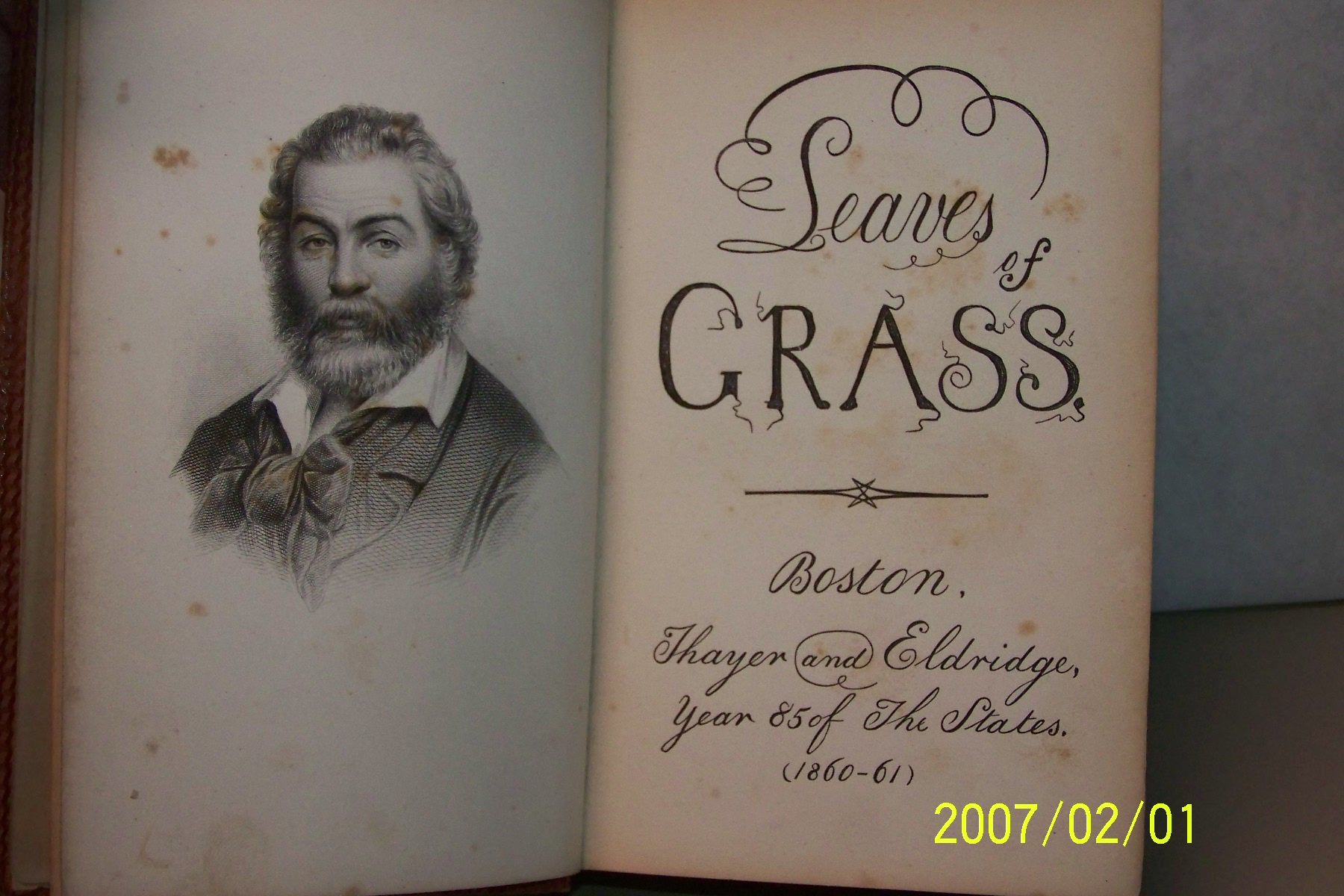
Whitman alternately deals with themes of individuality and collectivity throughout Leaves of Grass, but in "Crossing Brooklyn Ferry" he seeks to understand both in the context of the other. collectivity in "Crossing Brooklyn Ferry." Whitman understood this spirit better than outside observers such as de Tocqueville because he admittedly was a part of it.ĭiscuss Whitman's understanding of individuality vs. He was one of the first artists to be able to step back and observe the flowering of the democratic state, the way in which it created social and economic growth, and the way in which it created a new kind of citizen. In the democratic process, Whitman saw unparalleled, if unrealized, genius. Whitman began seriously writing poetry only a generation after the Revolutionary War created the United States. Whitman has been known as the "First Poet of Democracy." Explain this name. For Whitman, to deny the sexuality between two close friends was to deny an essential part of their being.

Eroticism was a powerful emotion and one that Whitman felt could not be excluded from any relationship, whether male or female. Whitman understood masculine sexuality as a force to bond men together. It is not possible, however, to say that Whitman was extolling a particular erotic lifestyle.


"Calamus," with its depictions of intense male bonding and friendship, was especially shocking to much of Whitman's audience. Whitman was often criticized during his lifetime for the depictions of homosexuality and erotic love in his poetry. The spirit of New York melds with this patriotic military spirit to embody what is best in the American mindset.ĭiscuss Whitman's nuanced understanding of male erotic love. In "Drum Taps," he describes the scene of a patriotic parade in New York in which wounded soldiers march through the streets. Whitman saw this most powerfully during the Civil War. Through patriotism, individual Americans, concentrating on their individual lives, were bound together in a collective spirit.

Death, then, was simply a phase of being and, in Whitman's words, was often luckier than a state of physical and spiritual duality.įor Whitman, patriotism was a collective affair of the American people. It is possible to say that Whitman understood being as a cyclical process from which one was created from the natural world, lived in body and spirit, which then returned to its natural state. One cannot say if Whitman was more concerned with life or with death since he holds each state in equality. Is Whitman more concerned with life or with death in his poetry?


 0 kommentar(er)
0 kommentar(er)
